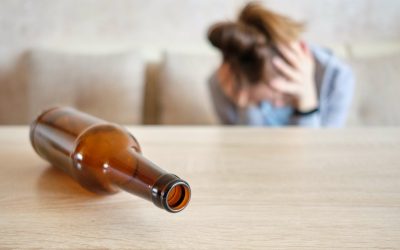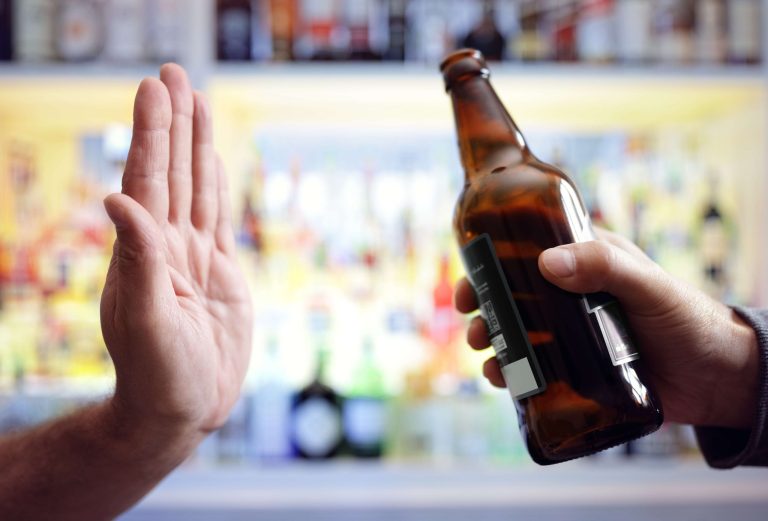Panic attacks and panic disorder Symptoms and causes
Alcohol is a mild anesthesia and will put you in the mood for sleep — at least initially. Later in the sleep stages, alcohol disrupts REM sleep and paralytic sleep, which is when your body rejuvenates itself. Drinking can also cause hangovers, which usually consist of symptoms like nausea, dizziness and headaches. But there can also be a feeling of anxiety and panic the next day. Excessive consumption of alcohol causes dehydration, which can make you feel dizzy and increase your heart rate. Alcohol is a diuretic, which means that it causes excessive expulsion of liquid from the body via urination.
Iguanas in Florida: Do they bite, can you own one, can you kill them? – Palm Beach Post
Iguanas in Florida: Do they bite, can you own one, can you kill them?.
Posted: Tue, 24 Oct 2023 15:38:54 GMT [source]
Several proposed explanations exist for the link, including genetics, a person’s environment, and the brain mechanisms related to addiction and anxiety symptoms. Examples of anxiety disorders include generalized anxiety disorder, social anxiety disorder (social phobia), specific phobias and separation anxiety disorder. Sometimes anxiety results from a medical condition that needs treatment.
Medical causes
Having a drink might seem like a good way to ease anxiety, but you may be doing more harm than good. Mihaela quickly lost control – three weeks after that first drink, she was downing beer every day, and soon after, she needed a drink within two hours of waking up. She lost her job and then her driving licence – she’d caused an accident under the influence and was taken to the psychiatric hospital in handcuffs. Panic attacks can create various physical and emotional symptoms. According to the HSE, moderate drinking can also cause anxiety to intensify after a few hours. It is intense nervousness and discomfort that can affect your ability to function correctly and cause you to ignore your obligations and responsibilities.
- Addiction Resource is not a healthcare provider, nor does it claim to offer sound medical advice to anyone.
- Anywhere from 7% to 10% of the general population has such an allergy, though it affects about 35% of those with Asian backgrounds.
- Most people can expect to see an improvement in their anxiety symptoms in this time as the brain’s balance of chemicals and processes start to return to normal and you experience better quality sleep6.
- It is also important to check whether you feel able to take a break from alcohol and look out for the warning signs of a drinking problem.
- This includes information we publish on our website, which undergoes a thorough editorial process.
We may be paid a fee for marketing or advertising by organizations that can assist with treating people with substance use disorders. Drinking floods the brain’s pleasure center with increased dopamine levels. This “feel-good” chemical rush only lasts for a short time, and when the levels dip back to normal, hangxiety can set in. These can lead a person who is already slightly anxious to worry that something terrible might be wrong with them, like a brain tumor. One of the most common experiences during a hangover is paranoia feelings that something bad must have happened because of how bad one feels. When these symptoms become overwhelming, the person might have an alcoholic drink to try to calm down.
Medical Professionals
It’s common for people with social anxiety disorder to drink alcohol to cope with social interactions. Doing this can lead to a dependence on alcohol during socializing, which can make anxiety symptoms worse. People can also adopt long-term strategies to reduce the occurrence or frequency of panic attacks. These can include making healthful lifestyle choices, trying therapy, and learning how to manage anxiety in daily life. A form of psychotherapy called cognitive behavioral therapy can help you learn, through your own experience, that panic symptoms are not dangerous.
In fact, 50% of people receiving treatment for alcohol use disorder also live with an anxiety disorder. A panic attack is a sudden episode of intense fear that triggers severe physical reactions when there is no real danger or apparent cause. When panic attacks occur, you might think you’re losing control, having a heart attack or even dying. As you drink alcohol, it acts as a sedative which can make you feel more at ease. This can be dangerously addictive if you have frequent anxious thoughts. This type of self-medication can lead to alcohol dependency and may result in regular, alcohol-induced panic attacks.
A primer on anxiety disorders
They might also consume alcohol at the gathering to feel more relaxed or less inhibited around others. For example, a person with social anxiety might be afraid of going to a party where there will be many people they do not How To Cure Boredom: 7 Ways To Stop Being Bored know. Even simply thinking about attending the gathering might cause them anticipatory anxiety. The more you drink the greater your tolerance for alcohol – meaning you need to drink more alcohol to get the same feeling.

The symptoms of low blood glucose include trembling, an elevated heart rate, and feeling anxious or in a low mood. It is not recommended to use alcohol as a coping mechanism to avoid panic attacks https://g-markets.net/sober-living/art-therapy-for-addiction/ and feelings of anxiety, as this can make the initial problem worse in the long term. If you are not struggling with alcohol addiction, cutting out drinking is more of a personal choice.
It has been reviewed by appropriate medical or clinical professionals and deemed accurate on the date of review. Photos are only for illustrative purposes and do not reflect every presentation of a condition. AddictionResource aims to present the most accurate, trustworthy, and up-to-date medical content to our readers. Our team does their best for our readers to help them stay informed about vital healthcare decisions.

If you’re drinking more than the UK low risk drinking guidelines (no more than 14 units a week for both men and women) try to cut down. The withdrawal period normally peaks 72 hours after the blood alcohol level drops. The effects of withdrawal often ease 5 to 7 days after drinking ends. If you or a loved one uses alcohol to cope with anxiety, especially during socializing, it may lead to being dependent on alcohol, especially in social settings. They can strike at any time — when you’re driving a car, at the mall, sound asleep or in the middle of a business meeting. You may have occasional panic attacks, or they may occur frequently.
 Copyright 2020 - Samhwa International Co.,Ltd.
Copyright 2020 - Samhwa International Co.,Ltd.